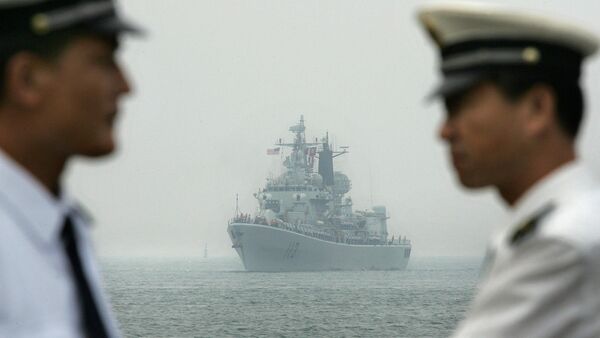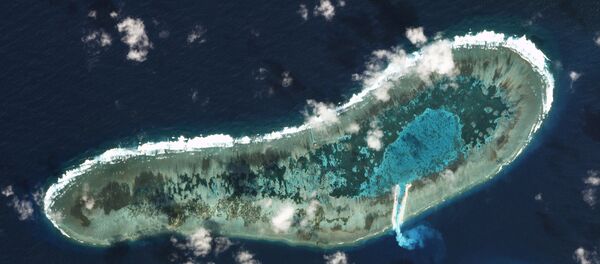China and the US have maintained a consistent tension over US ships transiting the South China Sea under the banner of "freedom of navigation" patrols, and the revised law could provide China with the legal firepower to restrict access to waters it claims as its own. It is not clear what means China would use to enforce a revised version of the 1984 Maritime Traffic Safety Law.
"The draft would empower maritime authorities to prevent foreign ships from entering Chinese waters if it is decided that the ships may harm traffic safety and order," a recent article in the Global Times stated. On Tuesday, the Legislative Affairs Office of the State Council revealed that it would accept public commentary before final revisions are made.
The changes will accord with the UN Convention on the Law of the Sea, in addition to Chinese laws on the seas, adjacent areas, and exclusive economic zones, the office said.
Yang Cuibai, a Chinese legal scholar, told the Global Times that, "The revisions will strengthen China’s management over territorial waters in a new era when the country’s communication and trade with foreign countries in the waters have sharply increased." Yang also suggested that China should take the lead on establishing legal order in the Yellow Sea, East China Sea and South China Sea.
Submarines operated by non-Chinese nations would be required to transit the maritime area on the surface of the water, as well as display national flags, and report movements within Beijing-claimed territory to the country’s maritime management administration, the draft states.
"Should China implement a mandatory check of each and every naval vessel, it may have a chilling effect on global seaborne trade," financial news outlet ZeroHedge notes.
Non-Chinese military ships would be required to apply for a pilot’s license, according to the draft. Ships that traverse China’s waters without Chinese consent would be fined 300,000-500,000 yuan ($43,706-72,844).
The draft adds that people at sea encountering difficulty "have the right to be rescued without charge."
If and when the draft becomes a law in 2020, China’s assertion of sovereignty over territorial waters could be met with resistance by America. US policy since 1983 states that, "The United States will not, however, acquiesce in unilateral acts of other states designed to restrict the rights and freedoms of the international community and overflight and other related high seas uses,” the US State Department notes. "The [Freedom of Navigation] program operates on a triple track, involving not only diplomatic representations and operational assertions by US military units, but also bilateral and multilateral consultations with other governments" in order to "promote maritime stability."



